## Origins of Italo Disco
The roots of Italo Disco can be traced back to the post-disco era when artists began experimenting with synthesizers and drum machines. Influenced by disco, new wave, and Eurodisco, Italian producers sought to create a sound that was both upbeat and accessible. This fusion resulted in a unique style that resonated with audiences across Europe.
The genre gained momentum in the early 1980s as clubs and radio stations began to embrace this new sound. With its infectious hooks and electronic production, Italo Disco quickly became a staple in dance clubs not only in Italy but throughout the continent.
## Key Artists and Tracks
Several artists played pivotal roles in defining and popularizing Italo Disco. Here are some of the most influential figures:
1. **Kano**: Known for hits like “I’m Ready” and “Another Life,” Kano blended funk elements with disco beats, setting the stage for future Italo Disco artists.
2. **Sandy Marton**: His track “People from Ibiza” became an anthem of the summer party scene, showcasing the genre’s ability to evoke carefree vibes.
3. **Savage**: With hits such as “Don’t Cry Tonight,” Savage brought a more dramatic flair to Italo Disco, blending emotive lyrics with vibrant synth lines.
4. **Fun Fun**: Their hit “Color My Love” exemplified the catchy choruses typical of the genre and remains a classic within the Italo Disco repertoire.
5. **Radiorama**: Famed for their energetic tracks like “Desire,” Radiorama contributed significantly to the genre’s popularity through catchy melodies and memorable hooks.
## Characteristics of Italo Disco
Italo Disco is easily identifiable by its distinctive features:
– **Synthesizers**: The use of synthesizers creates rich melodic lines that are both catchy and immersive.
– **Electronic Drums**: Drum machines provide a steady beat that encourages dancing.
– **Vocals**: Often featuring male or female lead singers with melodic vocal lines, the lyrics typically revolve around themes of love, relationships, and nightlife.
– **Production Style**: The production is characterized by a polished yet sometimes lo-fi aesthetic that enhances its retro charm.
## Lasting Impact and Revival
While the mainstream popularity of Italo Disco waned by the late 1980s, its influence can still be felt today. The genre has experienced several revivals over the years, inspiring contemporary artists in genres such as synth-pop, electro house, and even indie music.
Additionally, Italo Disco has found a new audience through online platforms and social media, leading to a resurgence of interest among younger generations. Many DJs now incorporate Italo Disco tracks into their sets, introducing this vibrant style to club-goers worldwide.
## Conclusion
Italo Disco remains a beloved genre that captures the essence of 1980s pop culture while influencing modern music trends. Its infectious beats and memorable melodies continue to resonate with audiences today. As we celebrate this unique musical movement, it’s clear that Italo Disco is not just a relic of the past; it’s a living testament to the power of creativity in music that transcends time and borders. Whether you’re revisiting old favorites or discovering new gems, there’s no denying the joyous spirit that Italo Disco brings to listeners everywhere.

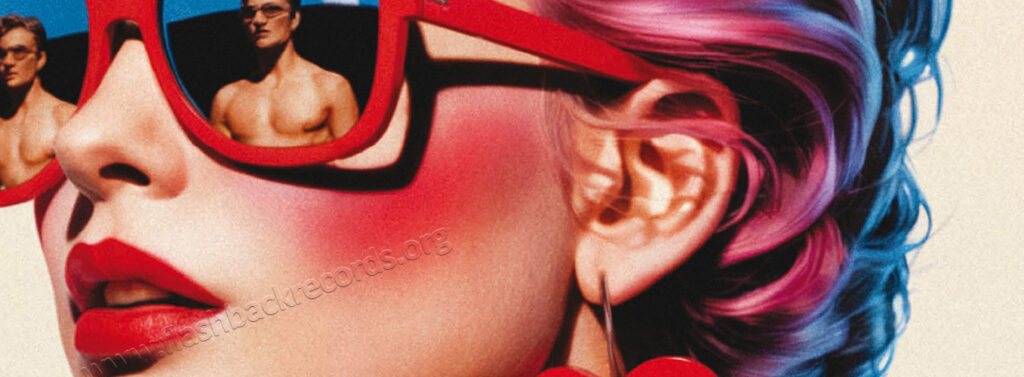
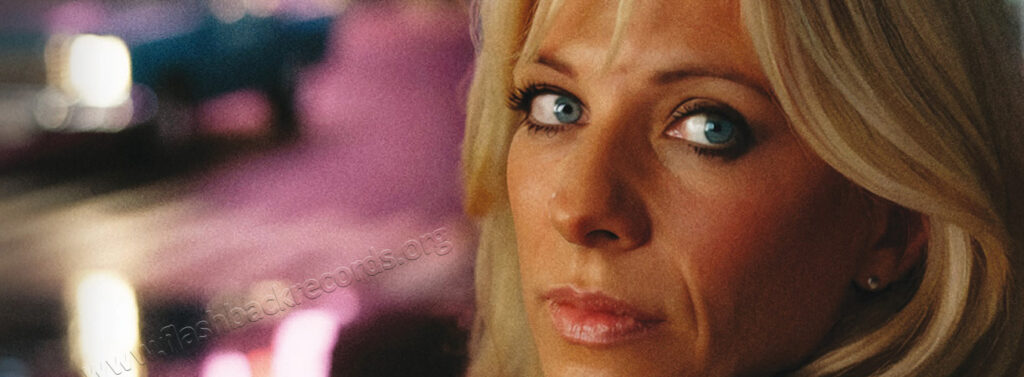
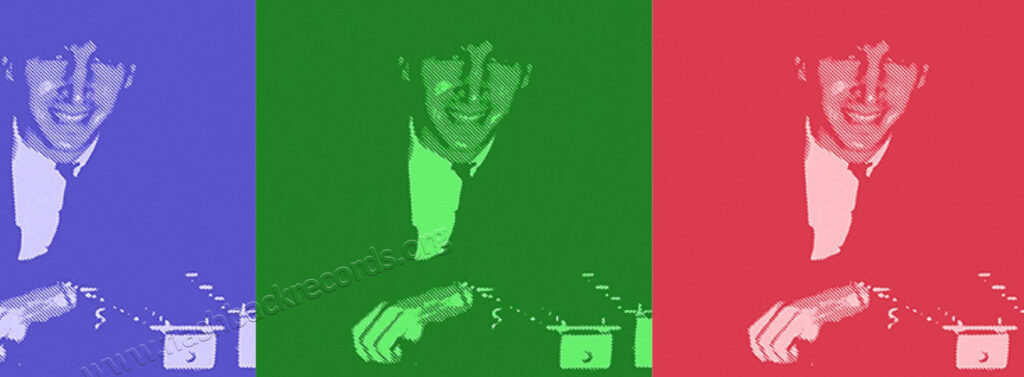
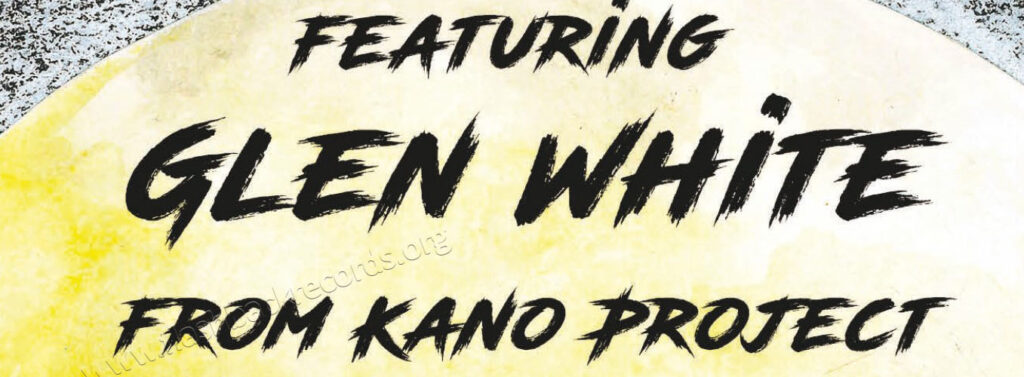
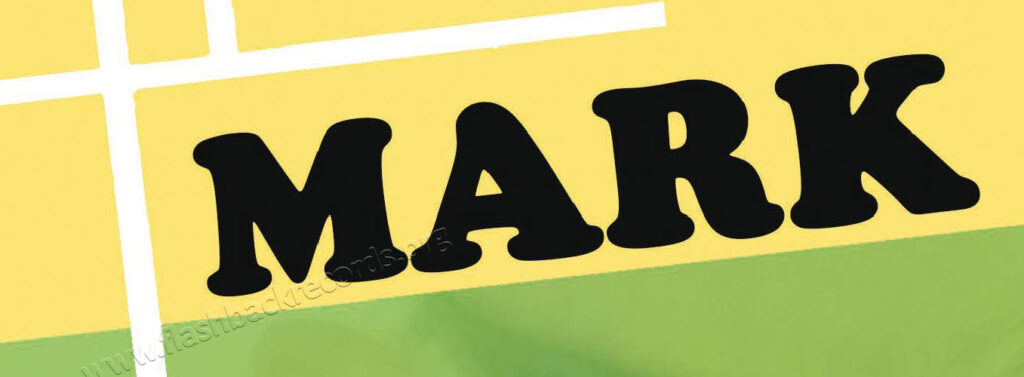





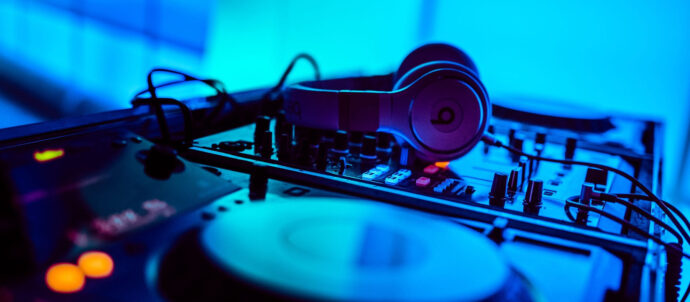
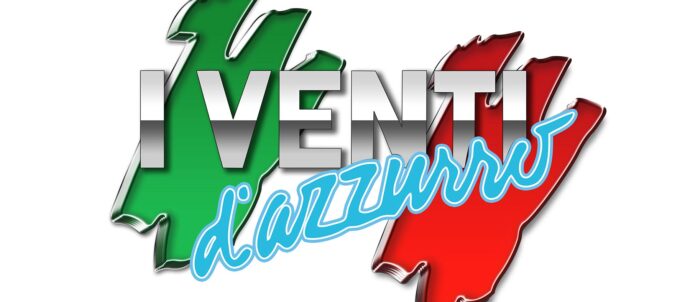
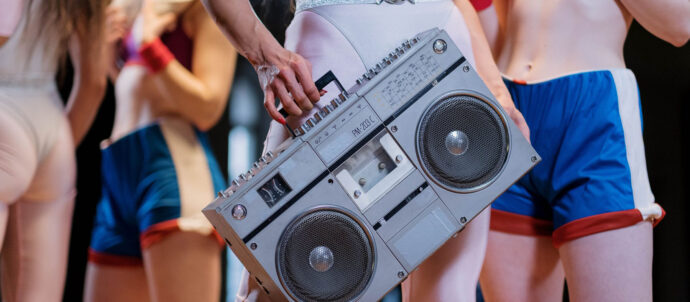

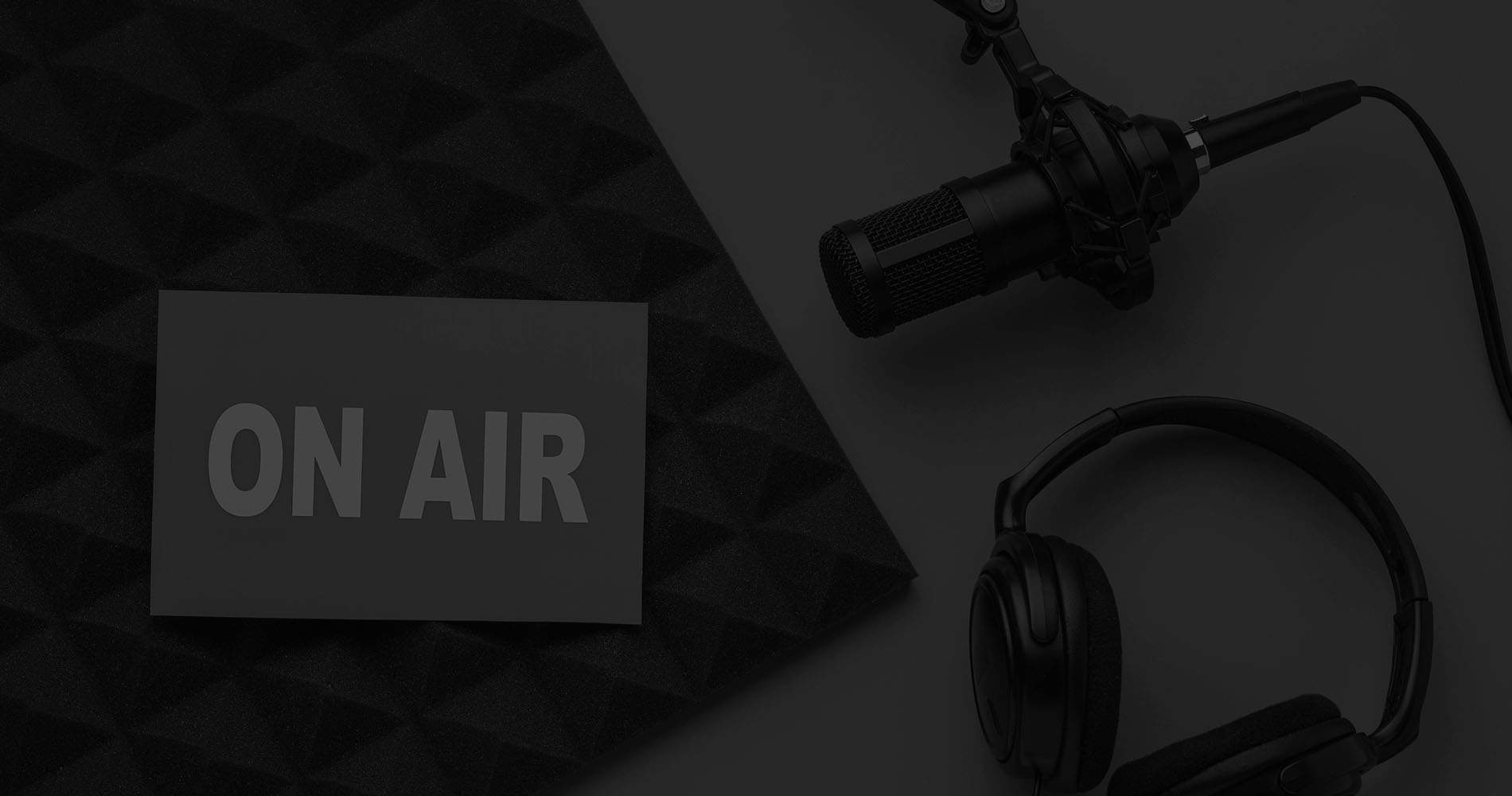

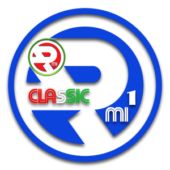
 Italo Disco New Generation
Italo Disco New Generation 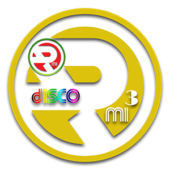 Euro Disco
Euro Disco